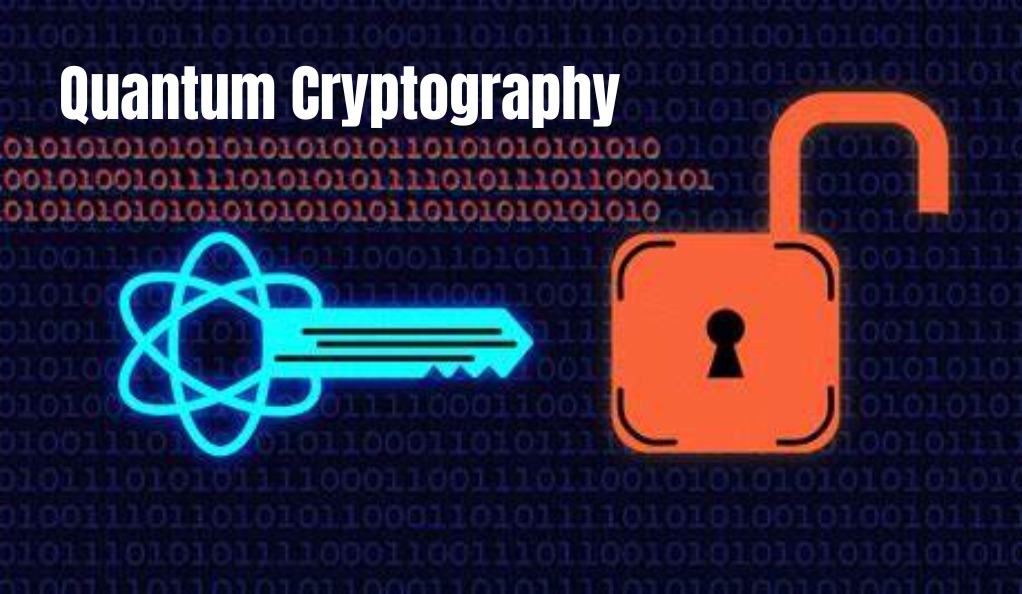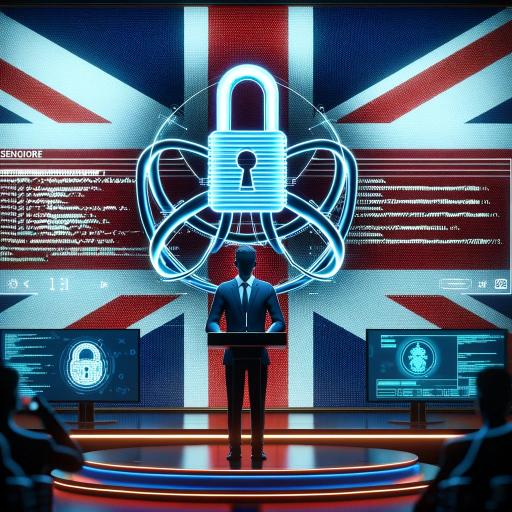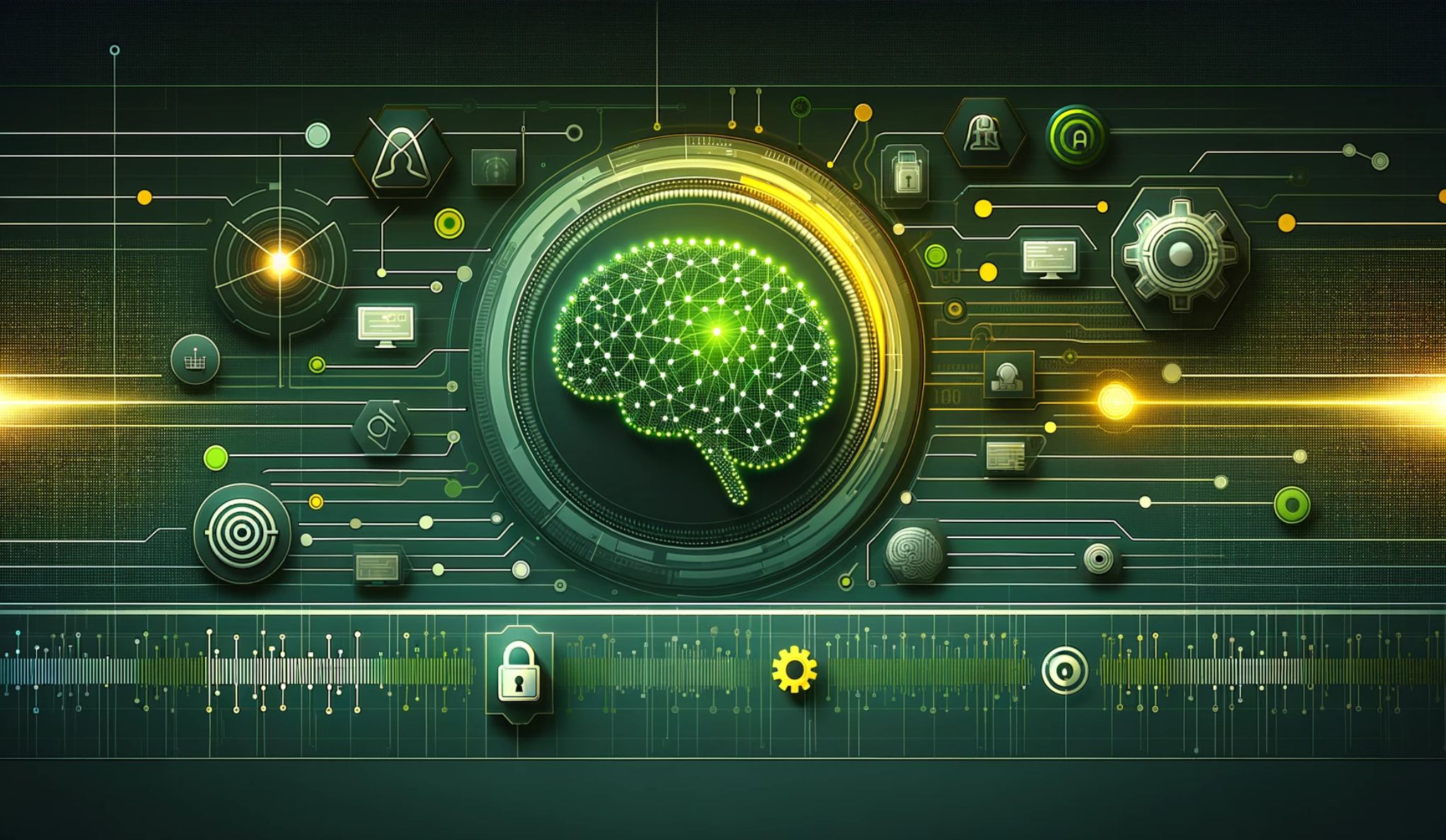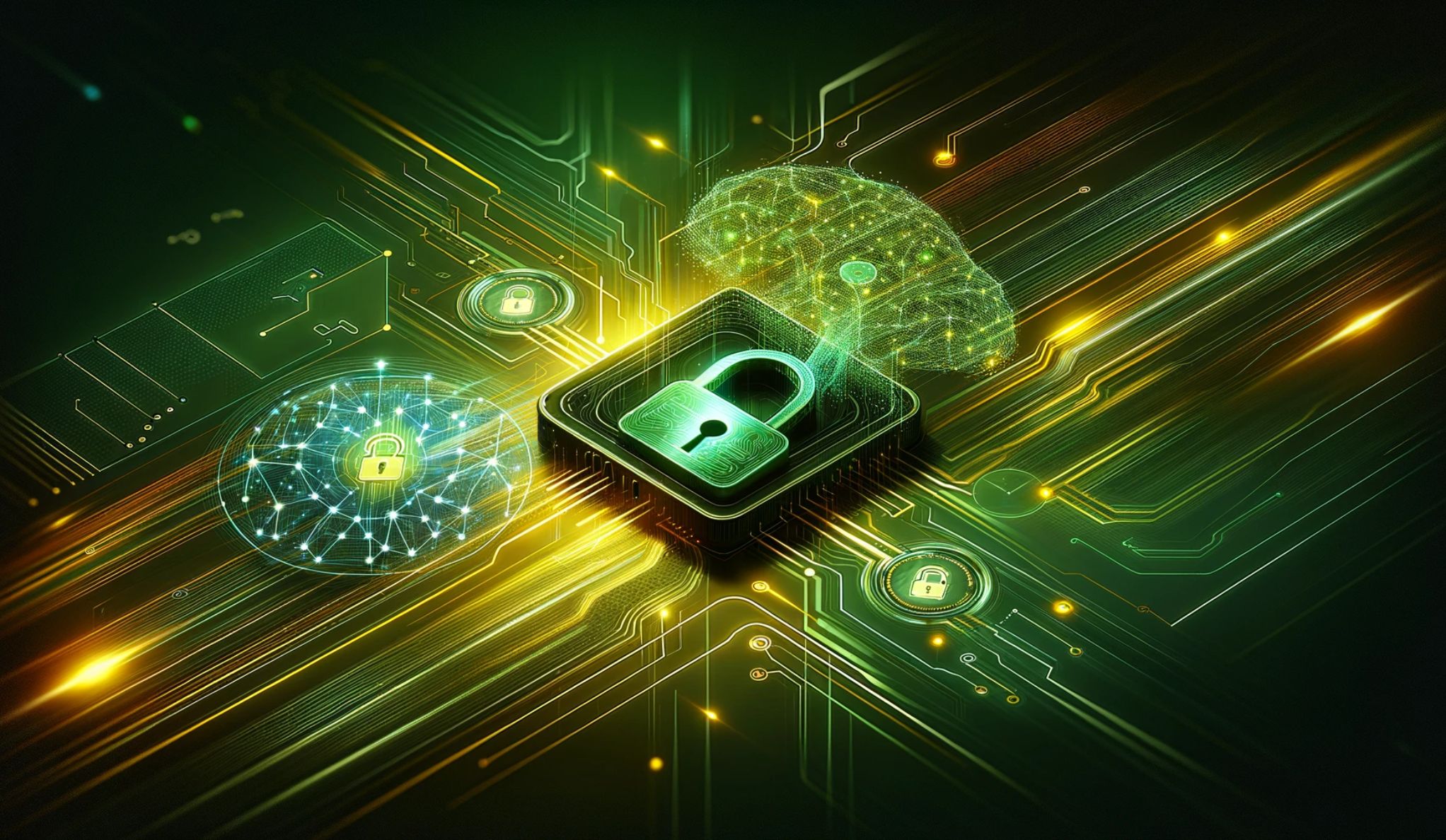Stay ahead of the curve with our Emerging Technologies & Innovations category. From AI-driven security to blockchain and quantum cryptography, we explore the cutting-edge technologies shaping the future of tech security.
Introduction to Quantum Cryptography
Quantum cryptography, a term that might seem plucked from the pages of a science fiction novel, is rapidly transitioning from theory to reality. As our world becomes increasingly interconnected and digital, the urgency for secure communication escalates. Traditional encryption methods, though robust, face potential vulnerabilities, especially with the advent of quantum computers. Quantum cryptography, with its promise of an unbreakable code, leverages the intricate principles of quantum mechanics.
The allure of quantum cryptography lies not just in its security but also in its revolutionary approach. Instead of relying on complex algorithms that can be cracked with enough computational power, it banks on the fundamental laws of physics. This ensures that any unauthorized interception becomes not just a digital problem, but a violation of nature’s principles.
How Quantum Cryptography Works
Quantum cryptography leverages the principles of quantum mechanics to ensure secure communication. When quantum systems, like photons, are used to transmit information, any attempt to eavesdrop or intercept the data changes the quantum state of the system, making the intrusion detectable. This property allows for the creation of encryption keys that are theoretically impossible to intercept without detection, providing an unprecedented level of security in data transmission.
Quantum Key Distribution (QKD)
Central to quantum cryptography is the concept of Quantum Key Distribution (QKD). Unlike classical encryption, which bases its security on challenging mathematical problems, QKD’s security is rooted in the immutable laws of physics. Any attempt to eavesdrop on a quantum key exchange will inevitably disturb the quantum states being transmitted, thereby alerting the sender and receiver of a potential breach.
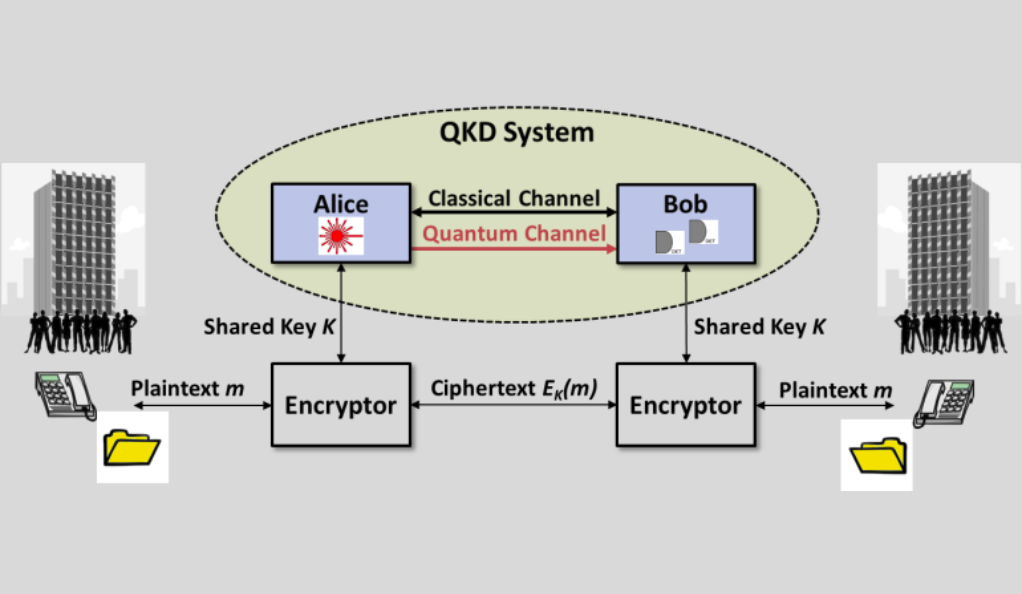
Entanglement and Superposition
Two core principles of quantum mechanics are pivotal in QKD: entanglement and superposition. Entangled particles, once intertwined, have states that are dependent on each other, regardless of the distance separating them. Superposition, on the other hand, allows quantum bits (qubits) to exist in multiple states simultaneously, unlike classical bits which are strictly 0 or 1. These principles not only ensure that eavesdropping is detectable but also facilitate the secure exchange of keys.
Implications for Global Security
Global security implications encompass geopolitical tensions, cyber threats, and resource conflicts. As nations navigate these challenges, cooperation and diplomacy become essential to maintain peace, while technological advancements can both mitigate and exacerbate threats. The evolving landscape demands adaptive strategies to ensure stability.
A New Era of Secure Communication
In today’s age, where cyber threats lurk in every digital corner, quantum cryptography could herald an era of unparalleled secure communication. Governments, military operations, and financial institutions could benefit immensely, ensuring that their sensitive data remains shielded from prying eyes.
Moreover, as data breaches and cyber-attacks become more sophisticated, the need for foolproof security systems becomes paramount. Quantum cryptography, with its promise of unbreakable encryption, can offer a solution that is both advanced and rooted in the fundamental laws of nature.

Challenges and Limitations
Distance Limitations
One of the pressing challenges of QKD is the limitation on how far quantum keys can be distributed. As the distance grows, the quantum states become more susceptible to disruption by environmental factors, reducing the efficacy of the encryption.
Furthermore, while advancements are being made to extend this range, it remains a significant hurdle, especially for global communications. Overcoming this challenge will be crucial for the widespread adoption of quantum cryptography.
The Future of Quantum Cryptography
As research and development in this field progress, we can anticipate the distance limitations of QKD to be pushed further, making it more practical for global communication. Additionally, as quantum computers become more mainstream, the demand for quantum-safe encryption will surge, propelling quantum cryptography from a niche technology to a mainstream essential.
Moreover, collaborations between tech giants, startups, and academic institutions are likely to accelerate the evolution of quantum cryptography. As these entities pool their resources and expertise, breakthroughs that once seemed distant could become imminent.

Conclusion
Quantum cryptography stands as a beacon of hope in the realm of secure communication. While it’s not without its challenges, the potential benefits for global security are profound. As we navigate the complexities of the digital age, it’s evident that the future of encryption and data protection will be deeply influenced by the enigmatic and potent realm of quantum mechanics.
The journey ahead is filled with promise and challenges. Yet, with continued research and collaboration, quantum cryptography might just redefine the very fabric of digital security.
FAQs
Quantum cryptography is considered “unbreakable” because it’s based on the fundamental principles of quantum mechanics. Any attempt to intercept the quantum key will disturb the quantum states, making eavesdropping detectable.
Classical encryption relies on the difficulty of mathematical problems for security. Quantum cryptography, on the other hand, derives its security from the laws of physics, making it immune to potential threats from quantum computers.
Yes, there are a few real-world implementations, especially in high-security sectors like government communication and financial transactions. However, widespread adoption is still in its infancy.
The primary challenges include distance limitations in QKD, high costs, and the integration of quantum cryptography with existing digital infrastructures.
Quantum computers have the potential to break many of today’s encryption methods. However, this doesn’t mean traditional encryption will become entirely obsolete. It signifies a need for evolving encryption techniques, with quantum cryptography being a leading contender.

